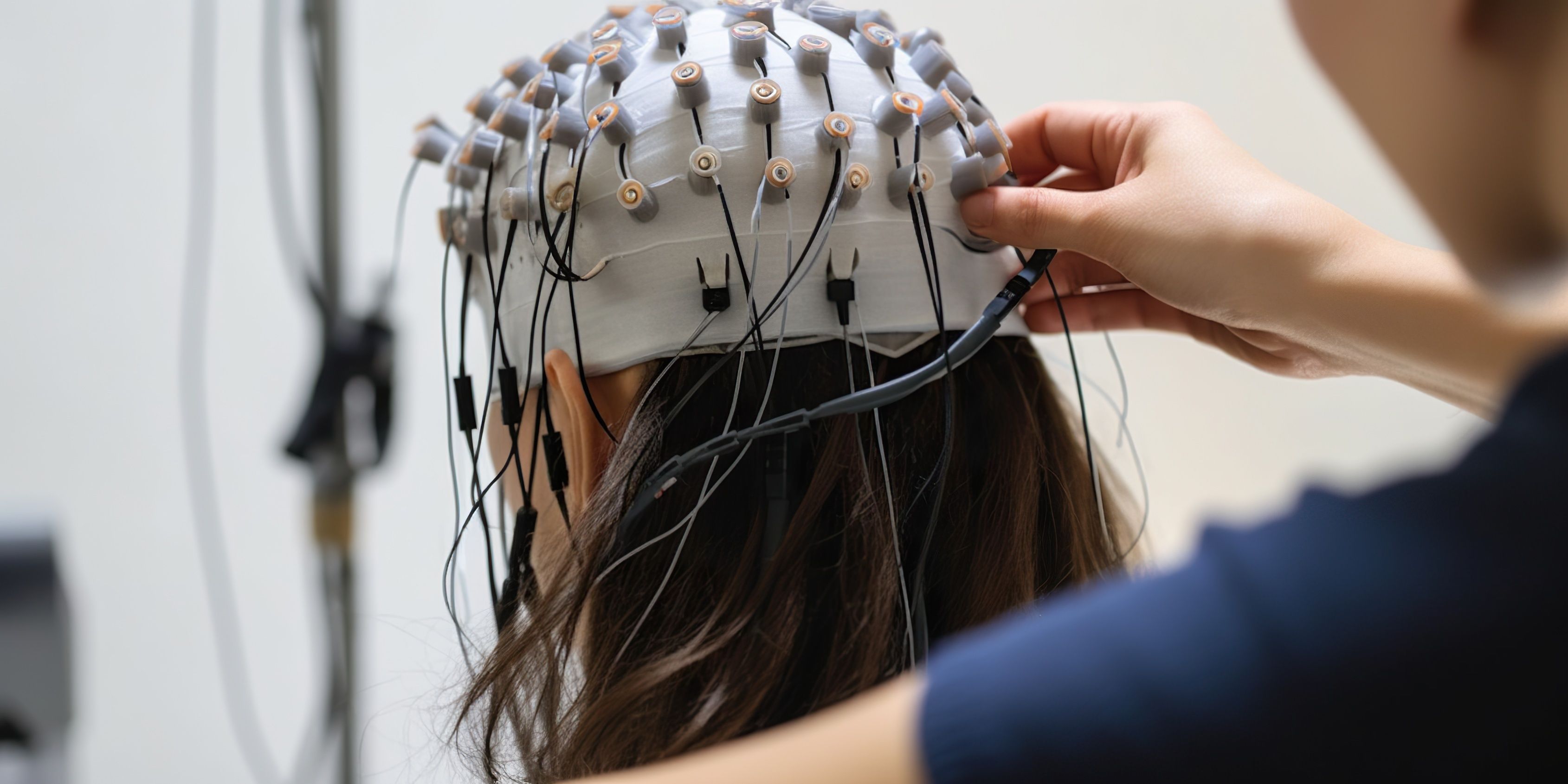- Center on Health Equity & Access
- Clinical
- Health Care Cost
- Health Care Delivery
- Insurance
- Policy
- Technology
- Value-Based Care
Can Early EEG Monitoring Be a Good Predictive Tool for Children With Epilepsy?
Two abstracts presented at the 2023 International Epilepsy Congress evaluated early electroencephalography (EEG) monitoring in children with seizures and encephalopathy.
At the 35th International Epilepsy Congress held by the International League Against Epilepsy (ILAE) in Dublin, Ireland, late-breaking abstracts showed that early electroencephalography (EEG) for epilepsy monitoring may provide better diagnostic yield in children with first unprovoked seizure (FUS). It also can be a good predictor of cognitive outcomes at discharge in children with encephalopathy, a disturbance in brain functioning that can result in seizures and may be treated with antiepileptic drugs.

The first abstract compared the yield of abnormalities detected by early vs delayed EEGs in children who experienced their first episode of unprovoked seizure. Early monitoring was defined as within 72 hours of seizure and delayed monitoring was defined as between 2 and 4 weeks after first seizure.
The study enrolled children aged 1 month to 18 years, of whom 125 children had an early EEG but only 63 received a delayed EEG, due to COVID-19 restrictions. EEG abnormalities were categorized as nonepileptiform or epileptiform.
The 63 children who underwent both an early EEG and a delayed EEG were further analyzed. Of the early EEGs, 34 (54%) showed abnormalities, compared with 23 (36%) of the delayed EEGs. Furthermore, 15 (44%) of abnormal early EEGs showed epileptiform abnormalities while 19 (56%) showed nonepileptiform readings; the delayed EEGs showed epileptiform abnormalities in 9 (39%) patients and nonepileptiform readings in 14 (60%) patients.
The cumulative yield of both EEGs was 39 (61%), which was higher than early or delayed EEG alone. Additionally, the yield of abnormalities on early EEG was higher (69.23%) if the age of the patient at onset of seizure was older than 5 years.
Although half of the abnormalities in this study were nonepileptiform, the findings suggest that early EEG may provide a better diagnostic yield in children older than 5 years compared with delayed EEG.
In the second abstract, early bedside EEG was used to predict cognitive outcomes in children with encephalopathy using the Mini mental score (MMSE) at discharge, with scores 2 SD below normal for various ages considered to be poor outcomes.
Children included in the study were aged 3 to 18 years and received EEG within 24 hours of admission. EEG abnormalities were defined as mild (focal epileptiform discharges, focal delta), moderate (generalized periodic epileptiform discharges, high amplitude delta, multifocal epileptical discharges), and severe (low voltage activity nonreactive, low voltage activity reactive, burst suppression pattern).
A total of 55 patients were enrolled in the study, of whom 31 had mild abnormalities and 24 had moderate to severe abnormalities, and 2 (0.03%) electrical seizures were found. Of the patients with mild abnormalities, 83.8% showed good MMSE scores at discharge, while 50% of patients with moderate to severe abnormalities showed poor outcomes at discharge.
Furthermore, there were 11 deaths; 10 of these patients who died showed moderate to severe abnormalities and 8 showed low amplitude background, which was a statistically significant difference.
Although the study showed that early EEG results seem to predict cognitive outcome at discharge, the researchers believe that further, larger studies should be done to validate these findings.
References
1. Srivastava K, Nukala P. Early EEG may provide better diagnostic yield in children with first unprovoked seizure/s. Presented at: 2023 International Epilepsy Congress; September 2-6, 2023; Dublin, Ireland. Abstract 155. Accessed September 8, 2023. https://www.ilae.org/files/dmfile/iec-2023-abstract-book-for-website-11.8.23.pdf
2. Srivastava K, Sabu D. Early bedside EEG is a good predictor of cognitive outcome on discharge in children admitted with encephalopathy. Presented at: 2023 International Epilepsy Congress; September 2-6, 2023; Dublin, Ireland. Abstract 156. Accessed September 8, 2023. https://www.ilae.org/files/dmfile/iec-2023-abstract-book-for-website-11.8.23.pdf
Knowledge Gaps Persist in Patient Understanding of Skin Cancer–Related Terms
January 13th 2026On average, patients with multiple prior dermatology visits still scored below 75% when identifying common skin cancer terms, underscoring the need for clearer patient-physician communication.
Read More
